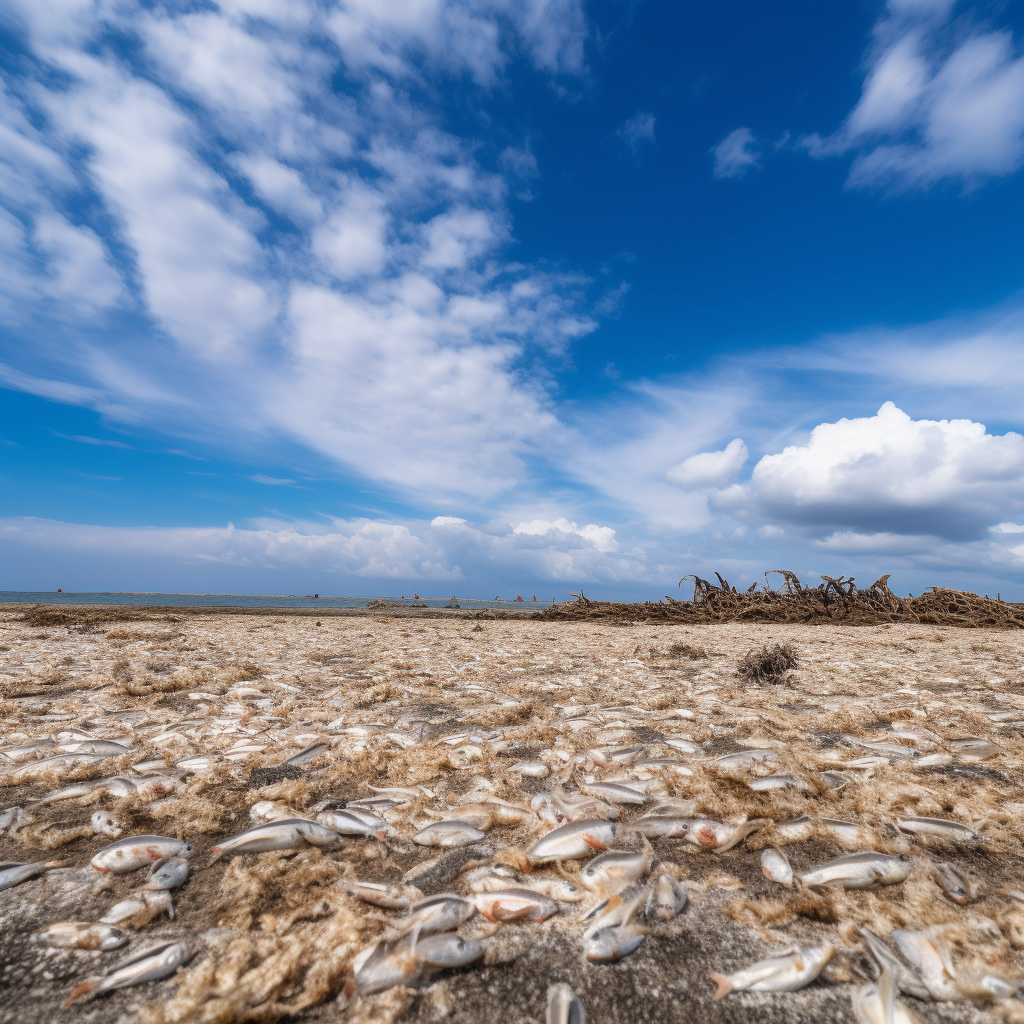June 20, 2023
Coastal Communities and Marine Life in Crisis – The Devastating Impact of Climate Change
Book a Demo
Climate change is causing a multitude of issues for coastal communities and marine life. Rising sea levels, eroding beaches, and dangerous rip currents are just a few of the problems being faced by those living near the coast. With warmer water and less oxygen, large-scale fish kills are also becoming more common, leading to unappealing beaches. Additionally, Sargassum blooms are growing rapidly due to warmer ocean temperatures, making beaches unmanageable.
As if that wasn’t enough, sharks are also following their prey to areas inhabited by humans as ocean temperatures warm. This creates a dangerous situation for beachgoers and residents alike. Seaweed is also rotting on beaches due to climate change, leading to unpleasant odors and unsightly scenery.
The impact of climate change on coastal communities is not limited to aesthetics and safety. Rising sea levels and increased storm activity are also eroding beaches, causing more severe flooding in coastal communities. This is leading to property damage and the displacement of residents. Furthermore, ocean acidification is killing off shellfish and other marine life, disrupting ecosystems and reducing biodiversity.
The effects of climate change on coastal communities and marine life are far-reaching and demand action. It is imperative that we take steps to mitigate the impact of climate change, both for the sake of those living near the coast and for the health of our oceans. This includes reducing greenhouse gas emissions, adopting sustainable practices, and implementing measures to protect coastal communities. By taking action now, we can prevent further damage and ensure a sustainable future for all.



